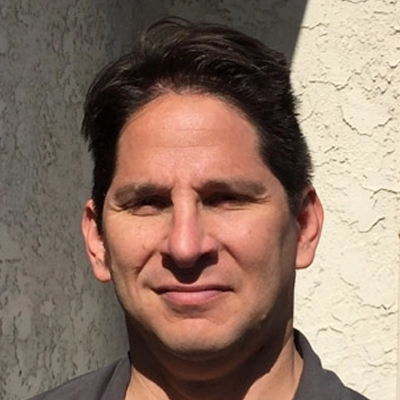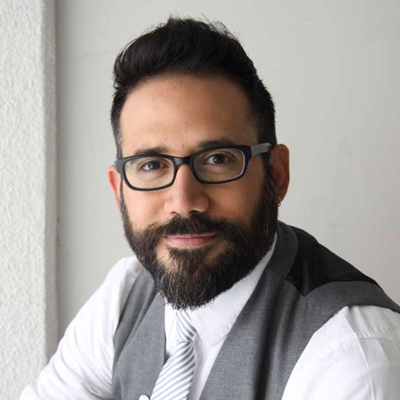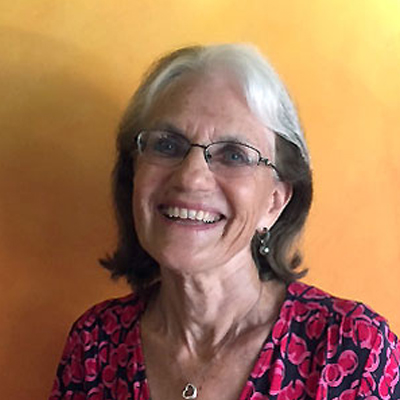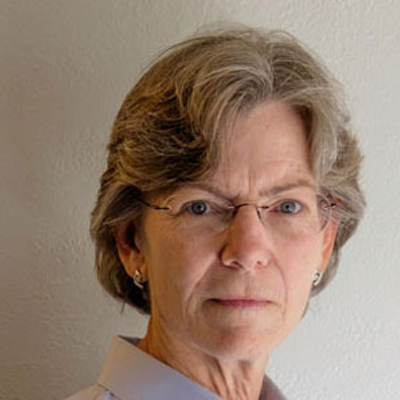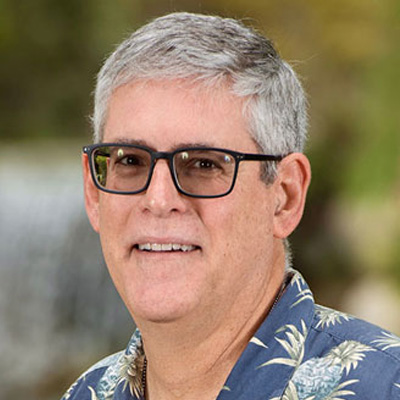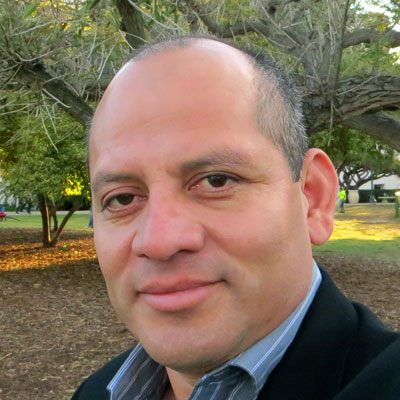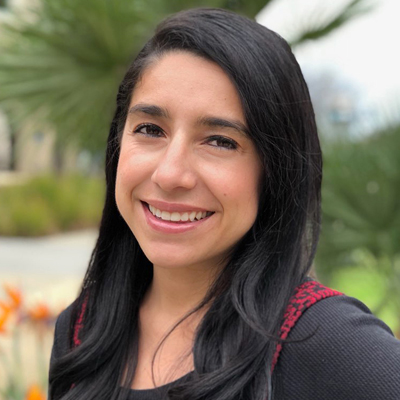
Eileen Truax
Journalist
Eileen Truax is a journalist and writer. She was born in Mexico City, where she was a political reporter and a Congress correspondent for five years. In 2004 she moved to Los Angeles and for seven years worked for La Opinión, the largest Spanish-Language newspaper in the United States, covering immigration, politics and Mexico-U.S. relationships. She contributes to several Spanish-language publications in Mexico and the U.S., including Hoy Los Angeles and El Universal newspapers, and Proceso, Gatopardo and Newsweek en Español magazines. She also co-founded Malaespina Producciones, a documentary and short films video production company based in Los Angeles.
Eileen holds degrees in Social Communication and Communication and Politics and has been a fellow with the Scripps Howard Immigration Program (ICFJ), the Immigration in the Heartland program (Institute for Justice and Journalism), and the Inter-American Development Bank training program for Latin-American journalists (FNPI). She was an English-Spanish translator of the Latino Immigrant Civic Engagement report series for the Woodrow Wilson International Center for Scholars in Washington, D.C. She has twice received the José Martí Publishing Award from the National Association of Hispanic Publications (NAHP), and in 2010 she received the Media Woman of the Year Award from the California State Legislature. Currently, she is a member of the board of directors of the National Association of Hispanic Journalists (NAHJ). She is also the founder of Cuadernos Colectivo de Cronistas Latinoamericanos, a journalist network with members in eight countries.
Eileen is the author of “Dreamers, an Immigrant Generation’s fight for their American Dream” (Océano, 2013; Beacon Press, 2015), which sheds light on the complex situation of undocumented students in the U.S. She is co-author of “72 Migrantes,” a book with stories about Central American immigrants murdered in northern Mexico, and “Tú y yo coincidimos en la noche terrible,” a memoir on murdered Mexican journalists. Her first novel, “Fecha de Caducidad,” co-authored with Beatriz Rivas and Armando Vega-Gil (Alfaguara, 2015) is a love story marked by the disappearance of the 43 missing students of Ayotzinapa, Mexico. Eileen is now working on her second non-fiction book on the exile and asylum process from Mexico to the U.S.
Published Work
“Dreamers, an Immigrant Generation’s fight for their American Dream”
“To let the Dreamers speak for themselves” is the goal veteran journalist Truax sets for herself in this account of 10 undocumented young immigrants brought to the U.S. as children. She puts a human face on the debate around the proposed DREAM (Development, Relief, and Education for Alien Minors) Act. Publishers Weekly
“Fecha de Caducidad”
By Eileen Truax, Beatriz Rivas and Armando Vega-Gil
A love story marked by the disappearance of the 43 missing students of Ayotzinapa, Mexico.
“De aquí y de allá”: The other Dreamers
Close to 500,000 young people from Mexican families have been deported from the United States during the last 10 years. Whether their deportation was forceful or voluntary, they return to Mexico to find that in their native country they are also, in more than one sense, foreigners. They do not speak the language, they do not know anyone, and they receive neither guidance nor assistance from the authorities. What is the history of these “Other Dreamers” who are trying to remake their lives in a land that is theirs in name only? What challenges do they face? How do they reconcile their binational status? The Trans-Border Institute’s Freedom of Expression Project and the Division of International Studies and the Masters Program in Journalism and Public Affairs at Mexico’s Center for Investigation and Economic Education (CIDE) present, with support from the Ford Foundation, this investigation of a problem that demands the attention of both the Mexican and U.S. governments.
“Forced Labor” in “Jails” for Migrants Denounced
Detention centers oblige inmates to labor as cleaners for one dollar a day; former prisoners complain about “illicit enrichment” by U.S. companies that earn 3 billion.
Families: The Migra’s Latest Target
Arguing that they don’t want to split up families, migrant parents and children are held in US detention centers awaiting word on their fate.
Migrant children denounce torture
Complaints of abuse and torture by agents of the U.S. Border Patrol and other law enforcement agencies have increased in recent months. In Spanish.
One family, two worlds (Presentation in English, piece in Spanish).
In the Romero family, children learned that all siblings are equal. They all practice respect for their elders, they’re proud of being Mexican, and they love the United States, the country that has been their home for the last 18 years. But deep down, everyone knows that there is a difference between them. In households where some children are undocumented and other are citizens, tension can grow but ties can also become stronger. Presented with support from the Institute of Justice and Journalism.
“La frontera entre la vida y la muerte” (Spanish)
Desde 2008, cerca de cien mil mexicanos se han visto obligados a dejar su residencia en Juárez y se han mudado al área de El Paso, en Estados Unidos. Allí se encuentran con una realidad inhóspita. En medio de este exilio involuntario, un hombre, Carlos Spector, se ha dedicado a guiarlos y protegerlos. Ésta es la historia del abogado que lleva sobre sus hombros el peso de la tragedia de familias enteras y para quien cada día es una lucha contra el drama de la migración. Pero también es la historia de miles de víctimas que han encontrado una esperanza en el asilo político.
En México no podíamos vivir (Spanish)
En algún punto del desierto entre las ciudades de Phoenix y Tucson, en el estado de Arizona, se localiza el Centro de Detención de Eloy, una prisión que no es prisión y que alberga a personas que no cuentan con papeles de estadía en Estados Unidos. Ahí, un hombre llamado Yamil, oriundo del estado mexicano de Durango, se entregó voluntariamente a la espera de recibir asilo político y poder así reunirse con su esposa e hijo. Han transcurrido dieciséis meses y Yamil sigue esperando.












